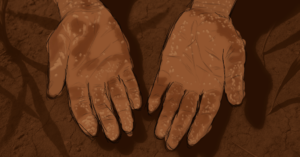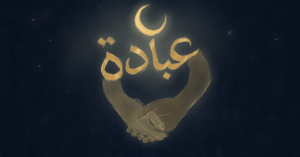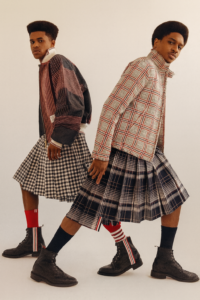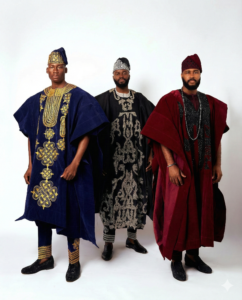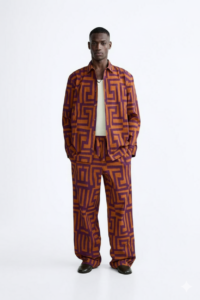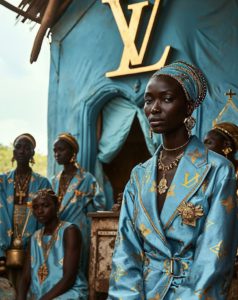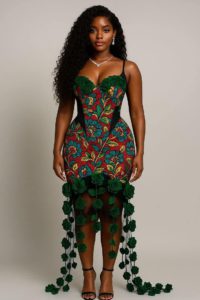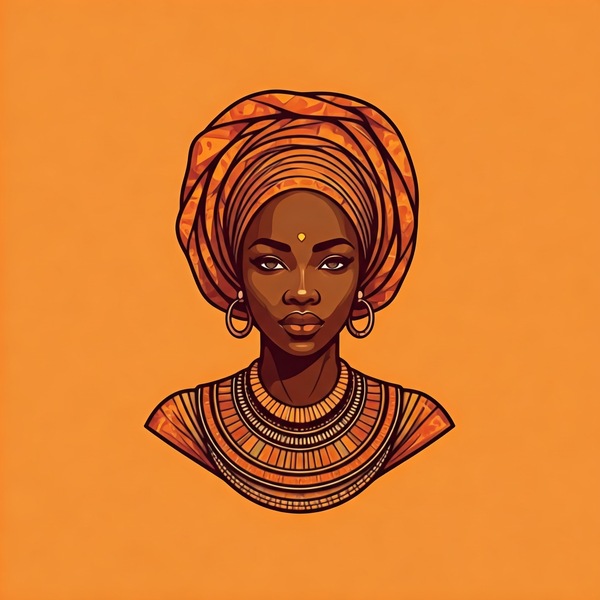Sarah Diouf and Tongoro Studio: Redefining “Made in Africa”
In the bustling heart of Dakar, Senegal, a fashion revolution is quietly but powerfully unfolding, led by the visionary Sarah Diouf and her trailblazing brand, Tongoro Studio. More than just a clothing label, Tongoro embodies a profound commitment to ethical manufacturing, local empowerment, and a stylish redefinition of what “Made in Africa” truly means on the global stage.

In the bustling heart of Dakar, Senegal, a fashion revolution is quietly but powerfully unfolding, led by the visionary Sarah Diouf and her trailblazing brand, Tongoro Studio. More than just a clothing label, Tongoro embodies a profound commitment to ethical manufacturing, local empowerment, and a stylish redefinition of what “Made in Africa” truly means on the global stage.

Sarah Diouf, the visionary founder of Tongoro Studio, has carved out a unique and impactful space in global fashion by championing “Made in Africa” with a focus on affordability and ethical production. Based in Dakar, Senegal, Diouf’s journey into design wasn’t traditional; she began her career in media, launching online publications like Ghubar and Noir, which celebrated African fashion and culture. This background honed her keen eye for storytelling and brand building, which she has masterfully applied to Tongoro.
Launched in 2016, Tongoro’s core mission is to sustainably develop the Senegalese retail production industry. Diouf achieves this by sourcing all materials directly on the African continent and working exclusively with local tailors and artisans in Dakar. This commitment not only ensures the authenticity of her designs but also provides vital job opportunities and fosters the economic and social development of artisanal workers in West Africa. By training tailors to meet international production standards, Tongoro is actively building a robust and ethical manufacturing ecosystem on the continent.

Tongoro’s aesthetic is characterized by playful, unique, and highly wearable ready-to-wear pieces. Her designs often feature fluid silhouettes, vibrant prints, and a blend of traditional African aesthetics with modern simplicity. Diouf’s inspiration frequently comes from the timelessness of post-independence African photography and the regal, flowing looks of Senegalese women.
The brand gained significant international recognition after being worn by global superstars like Beyoncé in her “Black Is King” visual album, and by others such as Naomi Campbell and Alicia Keys. This celebrity endorsement cemented Tongoro’s place as a go-to for chic, ethically produced African fashion that resonates with a global audience. Sarah Diouf’s success with Tongoro is a powerful testament to her vision of creating a high-quality, accessible brand that not only celebrates African identity but also directly invests in the continent’s artisanal future.

From Media Maven to Fashion Force
Sarah Diouf’s journey into the world of fashion wasn’t conventional. With a background in marketing and communications, she first made her mark in media. In 2009, she launched Ghubar, an online magazine that became a vibrant platform for showcasing African and Arab fashion and arts. This was followed by Noir, a bi-annual lifestyle magazine connecting Black women globally. These ventures honed her keen eye for visual storytelling, brand building, and a deep appreciation for the diverse narratives of the African continent. It was this passion for authentic representation and a growing awareness of the untapped potential in African production that propelled her towards creating her own fashion brand.
Diouf observed that many African luxury brands were positioning themselves for a niche market, and she saw a gap for a brand that was both accessible globally and truly “Made in Africa”. This vision became the cornerstone of Tongoro, launched in 2016.

The Tongoro Philosophy: Ethical Production and Accessible Style
Tongoro Studio’s core philosophy is built on two pillars: sustainable development of the Senegalese retail production industry and offering playful, unique, and affordable ready-to-wear. Every single Tongoro piece is a testament to this commitment. All materials are sourced directly on the African continent, and every garment is produced exclusively by local tailors and artisans in Dakar, Senegal.
This isn’t just a marketing slogan. It’s a deliberate and impactful business model. By working directly with local communities, Tongoro provides vital employment opportunities, fosters economic growth, and helps preserve traditional craftsmanship. Diouf is actively involved in training tailors to meet international production standards, ensuring that “Made in Africa” becomes synonymous with exceptional quality and ethical practices. Her goal is to build a robust and ethical manufacturing ecosystem on the continent, creating sustainable livelihoods for skilled workers.

A Distinct Aesthetic: Heritage Meets Modernity
Tongoro’s aesthetic is instantly recognizable. Diouf draws profound inspiration from the timelessness of post-independence African photography, particularly the work of photographers like Malick Sidibé and Seydou Keïta. This influence is seen in the brand’s signature use of billowing, oversized silhouettes, often in striking monochrome palettes that evoke the classic black-and-white portraits of that era. She also incorporates vibrant, one-of-a-kind prints and re-worked heritage motifs.
The designs are fluid, effortlessly elegant, and versatile, suitable for a range of occasions. From sophisticated kaftans and jumpsuits that reference traditional Senegalese “Taille basse” looks to eye-catching accessories, Tongoro offers pieces that are both statement-making and incredibly wearable. Diouf herself states she doesn’t create “collections” in the traditional sense, but rather “drops” and seasonal wardrobes, constantly evolving while maintaining the brand’s core DNA. Her recent foray into “Tongoro Couture” further elevates the brand, showcasing intricate detailing and bold silhouettes for ultra-special occasions, all while celebrating African tailoring and artisanship.

Global Recognition and Cultural Impact
Tongoro’s unique blend of cultural authenticity, ethical practices, and accessible luxury quickly captured international attention. The brand gained significant global recognition after being worn by Beyoncé in her iconic “Black Is King” visual album, as well as by other global superstars like Naomi Campbell, Alicia Keys, and Burna Boy. These high-profile endorsements not only boosted Tongoro’s visibility but also validated Diouf’s vision, proving that African-made fashion can thrive on the world stage without compromising its identity or values.

Sarah Diouf is more than a designer; she’s a cultural force. Through Tongoro, she’s challenging misconceptions about African production, advocating for intellectual property rights for African creatives, and proving that fashion can be a powerful tool for economic development and cultural pride. Her 2020 documentary, “Made In Africa,” further articulates this vision, offering an intimate look at the brand’s journey and its commitment to building an intra-African fashion supply chain.
As Tongoro continues to grow, celebrating its nearly decade-long journey, Sarah Diouf remains a shining example of an entrepreneur who is not only building a successful business but also laying the foundation for a more equitable and celebrated future for African fashion.

